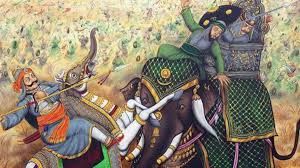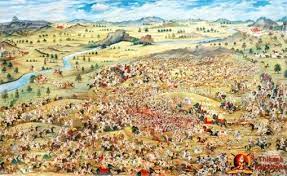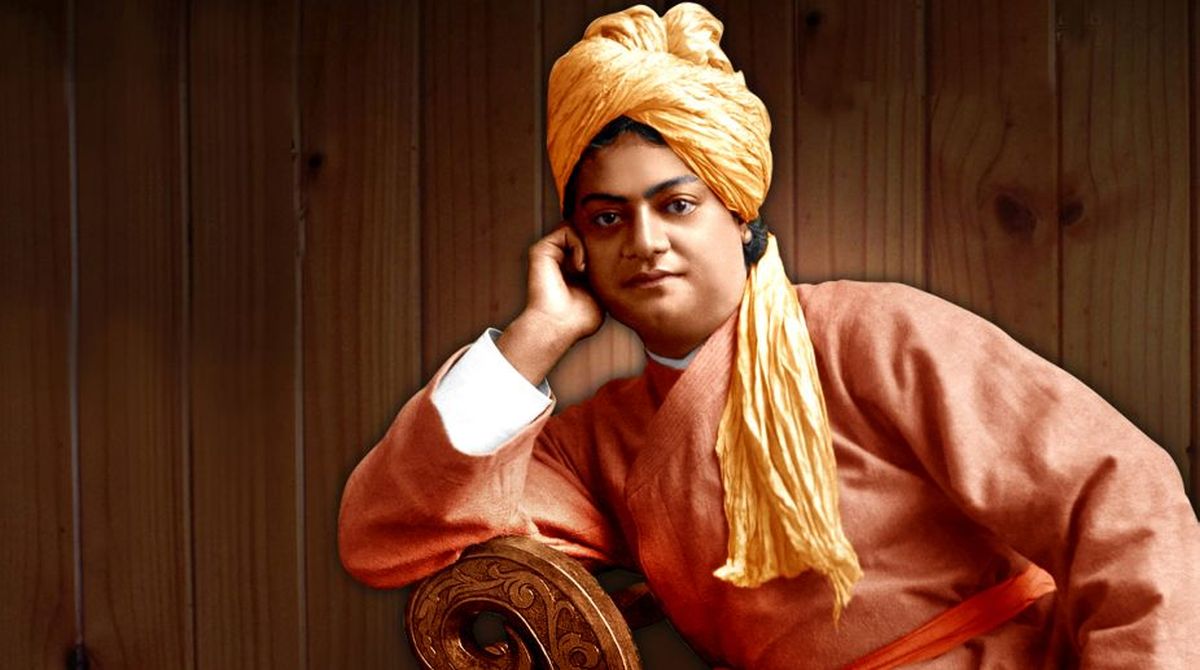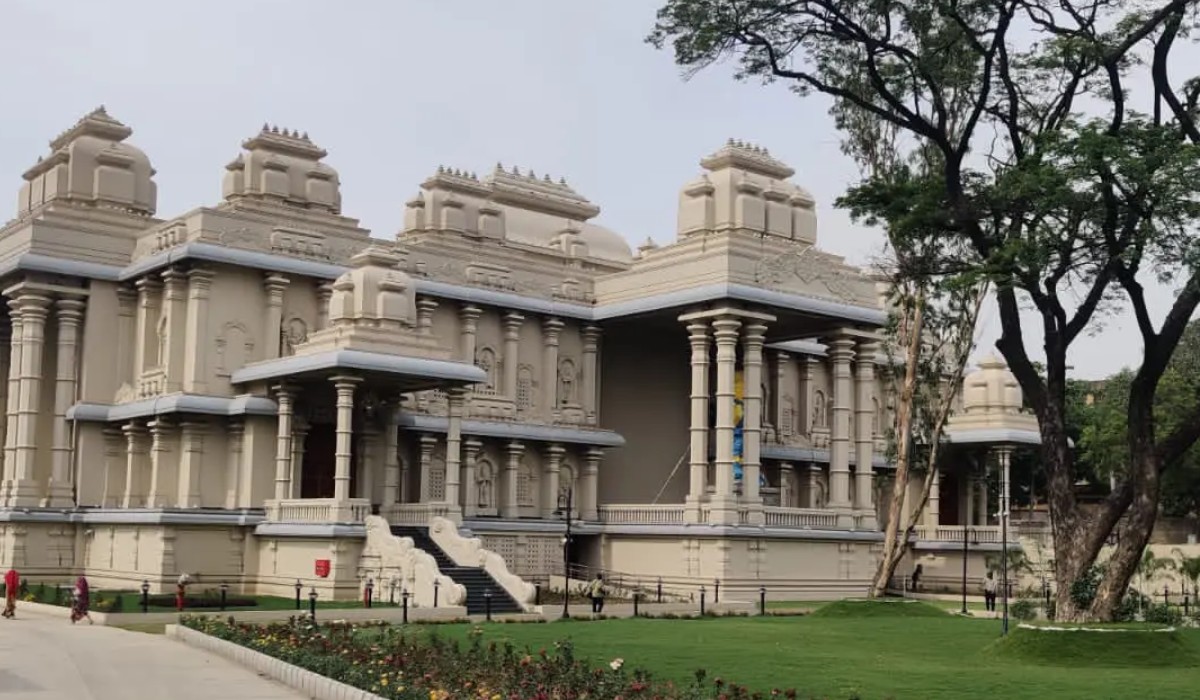One of the greatest Indian warriors, Maharana Pratap was born on May 9 in the year 1540. Maharana Pratap was the ruler of Mewar, a province in modern-day Rajasthan.
Pratap was the eldest son of Uday Singh II, founder of Udaipur, and Maharani Jaiwanta Bai. Renowned as a fearsome warrior and an excellent combat strategist, Pratap protected the Mewar region against repeated onslaughts from the Mughals.
1. The ‘mountain man’:
Maharana Pratap is revered as one of the strongest warriors India has ever seen. Standing at 7 feet 5 inches, he would carry an 80-kilogram spear and two swords weighing around 208 kilograms in total. He would also wear armor weighing 72 kilograms.
2. Domestic pressure on Maharana:
Before fighting the Mughals, Pratap had to face the wrath of his domestic adversaries. By the time of his reign, almost all Rajput dynasties had surrendered to Akbar and had become members of his council. Akbar had sent six diplomatic missions to Pratap to create a peaceful alliance between the two mighty rulers.

3. “No, thank you” to Akbar:
After the fifth diplomatic mission, Pratap had sent his son Amar Singh to the Mughal court to deny Akbar’s proposal of peace. As he did not present himself before the Mughal emperor, Akbar took offense. Due to his act of defiance, Akbar decided to go ahead with the battle and fight with Pratap.
4. Preparing for battle:
Pratap’s prowess in fighting battles was proved during the Battle of Haldighati in 1576. Mughal emperor Akbar ordered Man Singh I, one of his Rajput army commanders, and Asaf Khan I to attack Pratap. Man Singh and Asaf Khan had gathered an army almost half the size of the Mughal military force and held a position at Haldighati, a mountain pass around 40 kilometers from Udaipur. Despite this Maharana Pratap won the battle.

Demise of Maharana Pratap:
The great warrior left for the heavenly abode on 29th January 1597, at the age of 56, as a result of injuries sustained during his incessant struggle against the Mughal Empire. His eldest son, Amar Singh I, succeeded him to the throne of Mewar.










